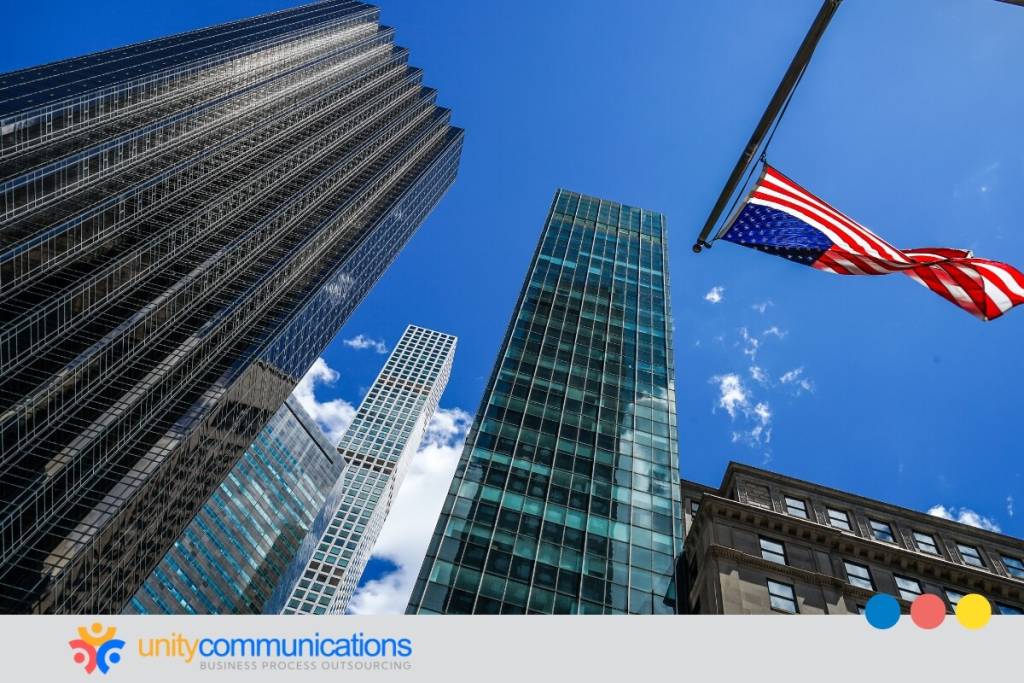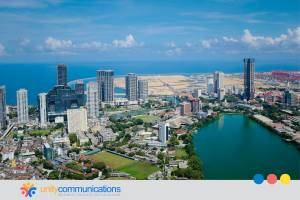In a surprising twist to the escalating U.S.-China trade war, President Donald Trump has temporarily spared smartphones, laptops, and other key electronics from the steep 125% tariffs on Chinese imports.
The move, seen as a strategic pause rather than a retreat, offers temporary relief to U.S. tech giants and could spark ripple effects across global and business process outsourcing (BPO) industries.
The exemption, announced by U.S. Customs and Border Protection, includes smartphones, semiconductors, flat-panel displays, and other electronic essentials. These products, integral to American tech brands, such as Apple, HP, and Dell, were initially targeted in the administration’s push to reduce dependence on Chinese manufacturing.
Tech giants breathe a sigh of relief
Apple, which heavily relies on China-based manufacturing for its iPhones and other devices, welcomed the decision. CEO Tim Cook reportedly lobbied for tariff relief in direct talks with U.S. Commerce Secretary Howard Lutnick. Analysts had warned that full implementation of the tariffs would trigger higher retail prices and possibly lower consumer demand for electronics.
After the iPhone was spared from tariffs, major lobbying groups from industries including retail, agriculture, construction, manufacturing, and tech have urged the White House to ease more trade taxes. They argue that some products are too expensive or impractical to make in the U.S., so they must import them.
On April 21, top executives from Home Depot, Target, and Walmart met with President Trump to share their concerns. They warned that high import taxes could raise prices for millions of American shoppers.
While the move temporarily shields consumers from price hikes, experts say this could be the calm before the storm. Many exemptions will expire by late 2025, meaning companies still face looming supply chain pressures and pricing challenges.
What this means for BPO
Beyond tech hardware, the tariff rollercoaster is shaking up how companies think about cost efficiency, and that could be good news for the BPO sector.
As U.S. firms reassess their China-centric supply chains, many seek to cut operating costs elsewhere, particularly in support services. This shift could boost demand for outsourced functions such as customer support, IT services, and finance operations, especially in BPO strongholds such as the Philippines and India.
The uncertainty has triggered greater interest in diversifying business processes abroad, where providers offer more stability amid trade turmoil. However, the tariff exemptions’ short-term nature means companies might hesitate to make long-term outsourcing investments.
The bigger picture: a global realignment?
Trump’s tariff pause reveals the shifting U.S.-China trade landscape. While sparing electronics might stabilize tech prices, it highlights the urgent need for Southeast Asian manufacturers to build long-term resilience. To stay agile, prove value, and adapt as global businesses reshape their strategies is a challenge and an opportunity for outsourcing providers:
As 2025 unfolds, all eyes are on Washington and Beijing because the next headline could rewrite the playbook for outsourcing and global services again.
Read more Unity Communications and industry news on our main BPO News page.
Medina, A. F. (2025, April 14). U.S. Electronics Tariff Exemptions and Southeast Asia’s Manufacturing Landscape. ASEAN Business News. Retrieved April 23, 2025, from https://www.aseanbriefing.com/news/how-u-s-tariff-exemptions-on-electronics-could-reshape-southeast-asias-manufacturing-landscape/
Diaz, M. (2025, April 14). Tariff exemptions for electronics offer a break for tech – but not for long. ZDNET. Retrieved from https://www.zdnet.com/article/tariff-exemptions-for-electronics-offer-a-break-for-tech-but-not-for-long/







